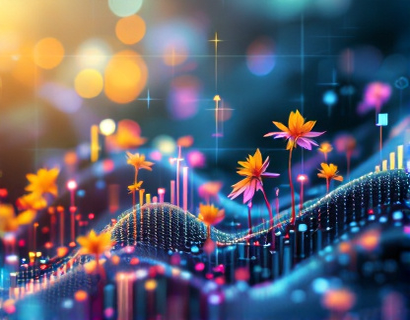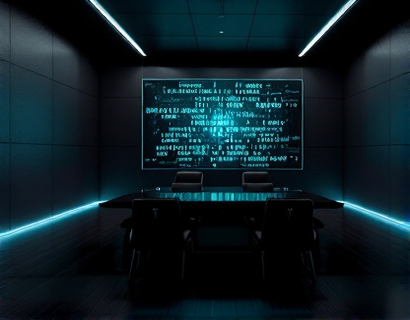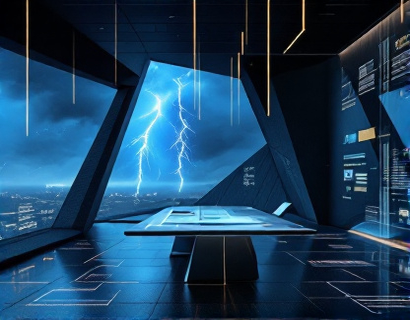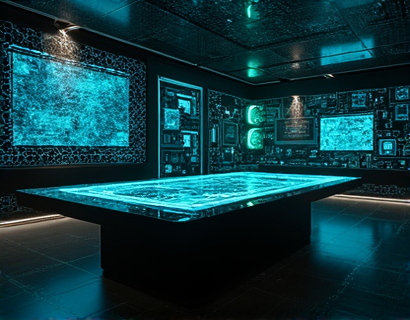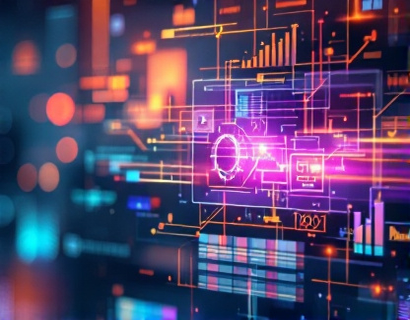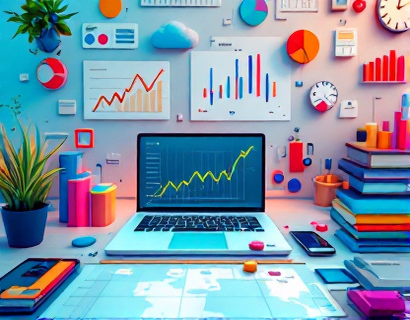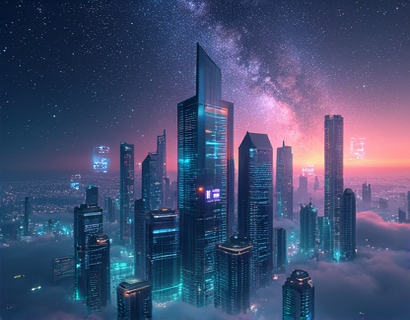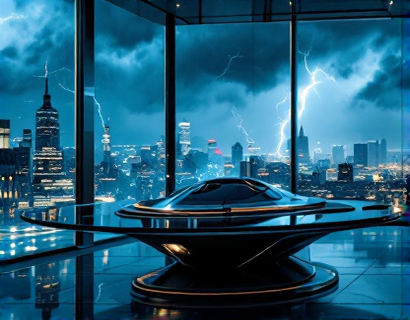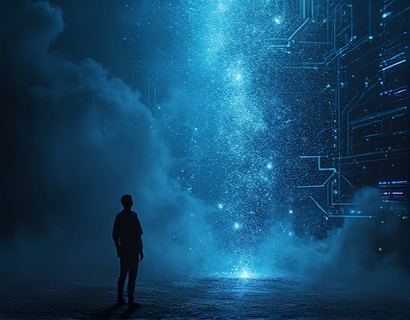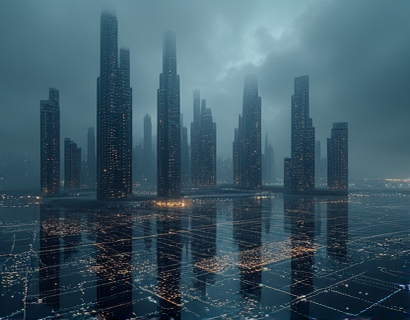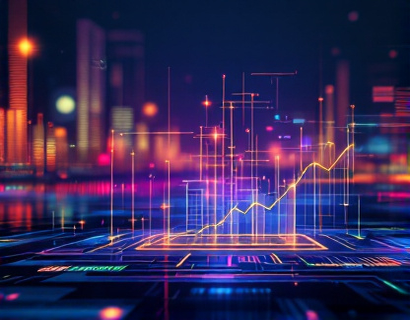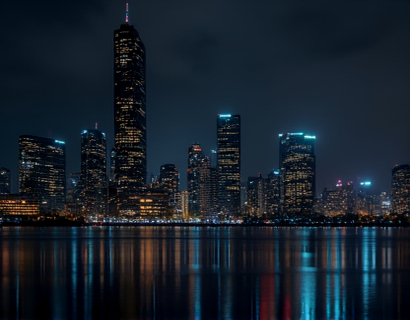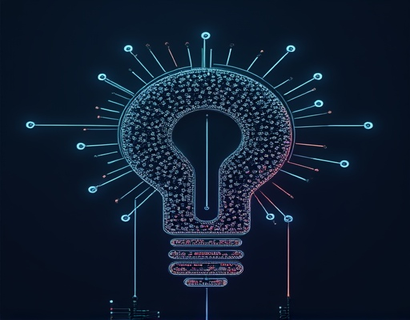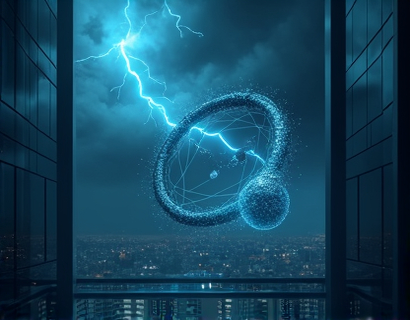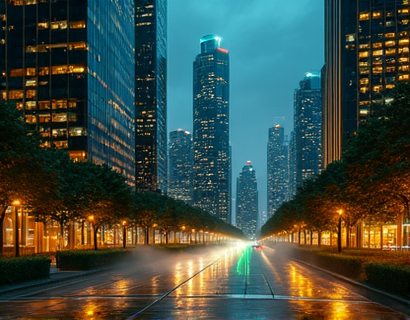Unlocking Musical Creativity with Advanced AI Tools
In the ever-evolving landscape of music creation, the integration of advanced AI tools has revolutionized the way artists compose and produce their work. These innovative technologies are not just streamlining the process but are also enhancing creativity and sound quality, making music production more accessible and efficient. This article delves into the transformative impact of AI in music creation, exploring how these tools empower both seasoned professionals and emerging creators to bring their musical visions to life with unprecedented ease and sophistication.
The Evolution of Music Production
The journey of music production has seen significant advancements over the decades, from the early days of analog recording to the digital revolution that transformed the industry. The introduction of digital audio workstations (DAWs) marked a pivotal shift, allowing artists to compose, record, and produce music entirely on computers. However, the true game-changer has been the advent of AI-driven tools, which have further democratized music creation. These tools leverage machine learning algorithms to analyze, generate, and enhance musical content, offering a level of precision and creativity that was previously unattainable.
AI in Composition
One of the most exciting applications of AI in music creation is in the composition phase. AI algorithms can analyze vast libraries of musical data to identify patterns, styles, and structures that resonate with listeners. This analysis enables the generation of original melodies, harmonies, and even entire tracks that align with specific genres or emotional tones. For artists, this means having a powerful collaborator that can spark new ideas and provide inspiration when creativity wanes. The ability to experiment with different compositional elements without the fear of failure is a liberating experience, fostering a more exploratory and innovative approach to music-making.
Enhancing Creativity with AI Assistants
AI music creation tools act as intelligent assistants, offering real-time suggestions and modifications to enhance the creative process. These tools can suggest chord progressions, rhythmic patterns, and even complete sections of a song based on the artist's input. The interactive nature of these tools allows for a dynamic dialogue between the human creator and the AI, resulting in a unique fusion of human intuition and machine precision. This synergy not only speeds up the composition process but also pushes the boundaries of what is musically possible, encouraging artists to venture into uncharted territories.
Streamlining Production Workflows
Beyond composition, AI tools significantly streamline the production workflow. From automating tedious tasks like mixing and mastering to providing advanced effects and instrument simulations, these technologies reduce the time and effort required to polish a track. AI-driven plugins can analyze the audio and apply optimal settings for equalization, compression, and reverb, ensuring a professional sound with minimal manual intervention. This efficiency allows artists to focus more on the creative aspects of production, such as arranging and arranging elements, rather than getting bogged down in technical details.
Personalization and Customization
One of the most compelling aspects of AI in music creation is its ability to adapt to individual styles and preferences. Advanced algorithms can learn an artist's unique sound and preferences over time, tailoring suggestions and automations to fit their specific needs. This personalization ensures that the tools feel intuitive and natural to use, enhancing the overall creative experience. Whether an artist is working on a pop hit, a classical piece, or an experimental electronic track, AI tools can be customized to support a wide range of musical genres and styles.
Collaboration and Community
The rise of AI in music creation has also fostered a sense of community among artists. Online platforms and forums dedicated to AI music tools have become hubs for collaboration, where creators can share their work, exchange ideas, and provide feedback. This collaborative environment accelerates learning and innovation, as artists can benefit from the collective expertise of the community. Moreover, AI tools often include features that facilitate collaboration, such as cloud-based project sharing and real-time co-editing, making it easier than ever to work with others across the globe.
Overcoming Creative Blocks
Creative blocks are a common challenge faced by artists, but AI tools can serve as a valuable antidote. When inspiration wanes, AI can generate new ideas and provide alternative perspectives, helping artists break through barriers. For instance, if an artist is stuck on a particular section of a song, an AI tool can suggest variations or entirely new sections that might reignite the creative spark. This constant flow of fresh ideas keeps the creative process dynamic and engaging, reducing the frustration and stagnation that can occur in traditional music production methods.
Enhancing Sound Quality
Sound quality is a critical aspect of music production, and AI tools excel in this area as well. Advanced algorithms can analyze audio signals to identify and correct imperfections, such as noise, distortion, and phase issues. AI-driven mastering tools can optimize the overall sound, ensuring that the final product sounds polished and professional. Additionally, AI can simulate high-end hardware and analog equipment, allowing artists to achieve a rich, warm sound without the need for expensive gear. This democratization of high-quality sound production makes it accessible to a broader range of creators.
Learning and Development
For emerging artists and music students, AI tools offer a powerful resource for learning and development. Interactive tutorials and guided exercises can help newcomers understand the fundamentals of music theory, composition, and production. AI can provide instant feedback on exercises, correcting mistakes and offering constructive suggestions for improvement. This immediate and personalized feedback loop accelerates the learning process, enabling aspiring artists to progress more quickly and confidently.
Future Prospects
The integration of AI in music creation is just beginning, and the future holds even more exciting possibilities. As AI algorithms become more sophisticated, we can expect even more advanced features and capabilities. For instance, AI could play a role in generating fully realized virtual ensembles, where synthetic instruments and vocalists can perform in real-time with human musicians. The potential for immersive and interactive music experiences, such as virtual concerts and augmented reality performances, is also on the horizon. These advancements will continue to push the boundaries of what is possible in music creation, opening up new avenues for artistic expression.
Conclusion
The incorporation of advanced AI tools in music creation is transforming the industry, offering unprecedented opportunities for artists to enhance their creativity and produce high-quality music with ease. By streamlining workflows, providing intelligent suggestions, and fostering collaboration, these tools are empowering a new generation of creators to realize their musical visions. As the technology continues to evolve, the future of music creation looks brighter and more innovative than ever, promising a world where the only limits are those of imagination.





